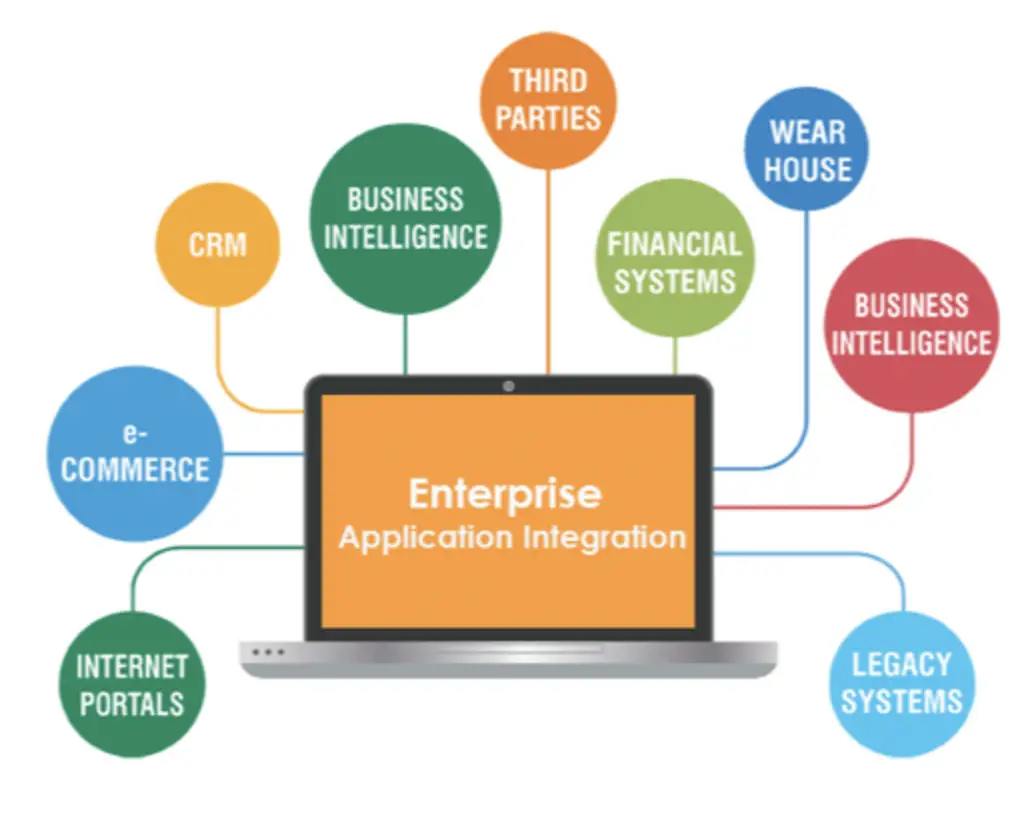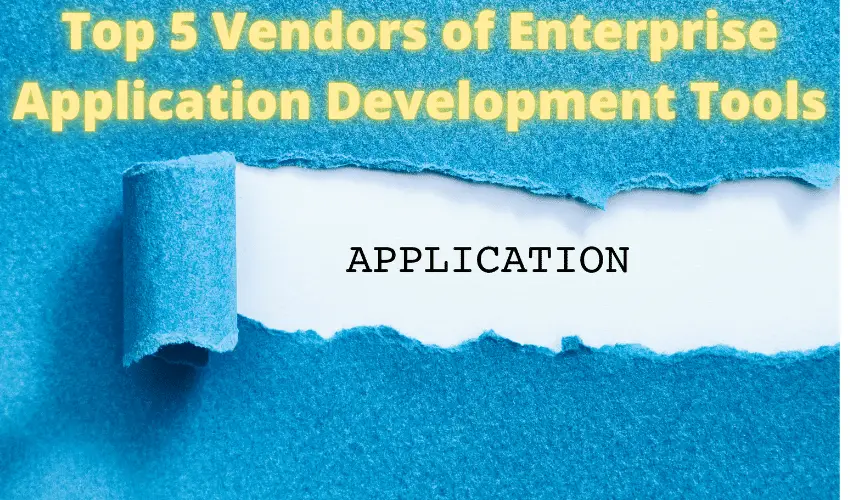Enterprise application development services are being created, tested, and deployed all around the globe on a daily basis. All the finest business app development technologies are needed to assist these teams in creating and deploying applications.

The top 5 tools used by enterprises to deploy their line-of-business apps and satisfy business requirements across a range of platforms were examined to locate them quickly.
Recommended Read: Linux & Devops books you should read
Also Read: GIT commands list: How to use Git command line
1. When it comes to project management, JIRA is an excellent tool. Developers and agile project managers are the primary target audience for this platform. Web and desktop versions of Jira are both available.
The JIRA platform is a flexible tool that allows companies to customize and modify the functional aspect of the service according to their needs. For each individual project, the Jira administrator can define a problem type with unique parts, associate a set of states, and much more. For each project, it is possible to define the access rights for the participants.
2. GitHub is a system that allows multiple developers to save and track changes to your project files at once.
GitHub belongs to the third generation of version control systems (VCS). They are called distributed VCS because they have a data store (repository) not only on the server but also locally on the machines used by the developers. GitHub differs from other VCSs in a special approach to information processing: it does not record separately made edits but takes a detailed snapshot of the project at the time of saving, that is, captures the state of each file, and creates a link to this version.
3. The Google Cloud Platform is a collection of cloud computing services provided by Google, which is owned and operated by the company. A variety of computing and hosting services are available for storing and developing applications that can run on Google hardware, among other things. In a nutshell, it is a collection of public cloud services in which Google updates all tests and patch submissions on a consistent basis. Its services can be accessed by developers, cloud administrators, and other IT professionals on the public network using any other dedicated network connection, which makes it extremely convenient. GCP also provides services such as improved storage, cloud computing, big data, and other similar services.
4. Microsoft Azure is an open platform that allows for the development of applications, as well as the hosting of such apps on servers provided by Microsoft.
You may use the service to create apps in any language, on any platform, and with any tool. In a public cloud environment, programs are integrated with the IT infrastructure.
5. Bitbucket is a web service for collaborative project development, as well as hosting and support. A direct competitor to GitHub, but with some differences.
The main difference is the availability of a free private repository for up to five people per project. The product is aimed at small and closed development teams.
The second important difference is the scheme for granting access to private repositories. For a team of up to five people, it will be free. In other cases, the cost is calculated individually.
The service does not yet support multifactor authentication, and it does not have a built-in debugger or code editor. A number of additional features are planned for the future by the developers in order to make the overall experience more convenient for consumers.
Follow the link https://gcp.dataart.com/ if you are interested in ordering services for your GCP business.
We are giving you exclusive deals to try Linux Servers for free with 100$ credit, check these links to claim your 100$,
DigitalOcean - 100$ free credit & Linode - 100$ free credit
Check some Exclusive Deals, HERE.
Also, check out DevOps Book You should read section.
